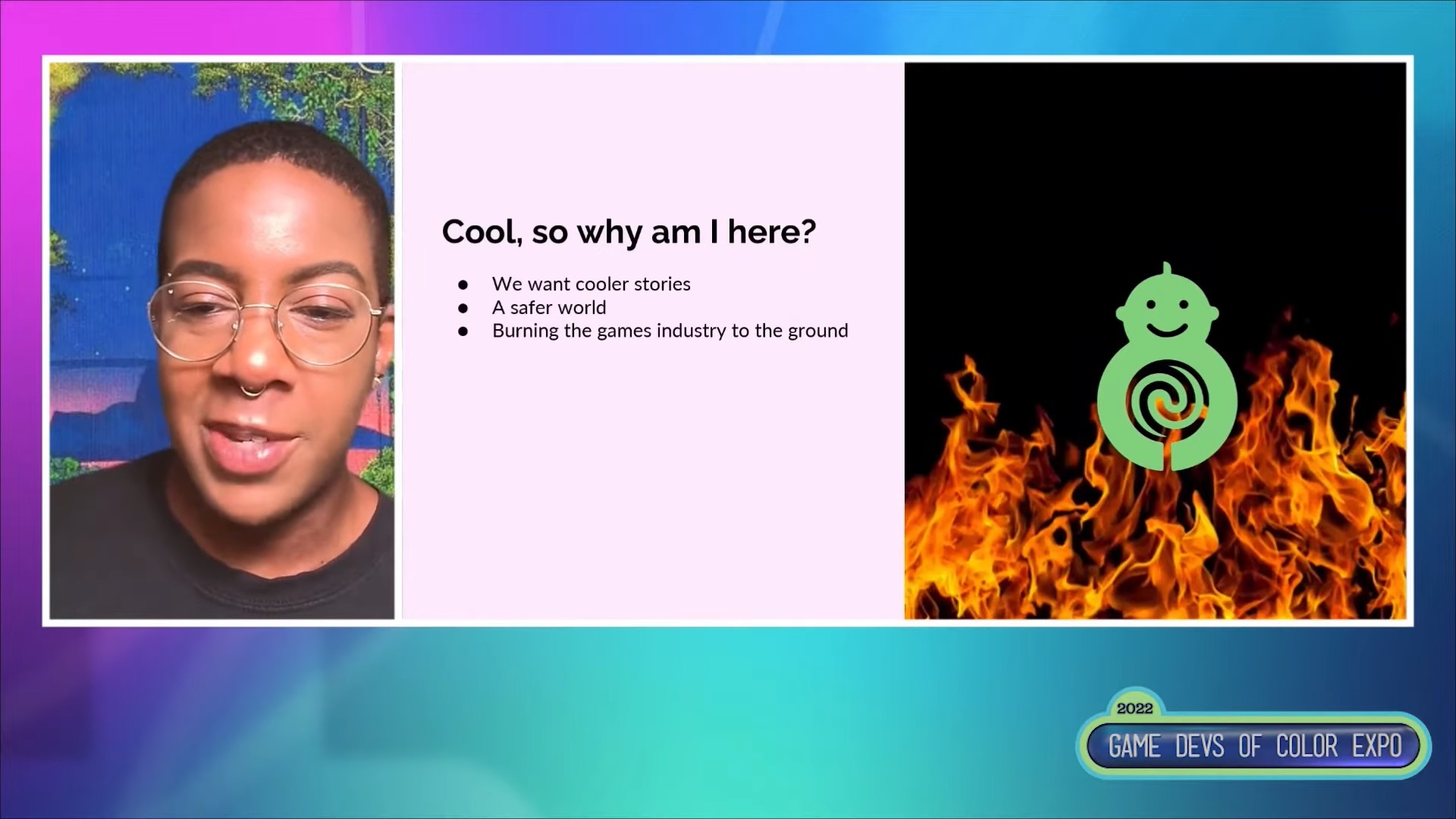- Sweet Baby Inc. has received a lot of hate because of its involvement in video games.
- Fans think that the company forces agendas into video games and ruins the overall experience.
- However, the company’s former narrative director revealed that the developers approach Sweet Baby to improve their games, not the other way around.
Sweet Baby Inc. has been under a lot of heat lately, mainly because fans think the company ruins a game’s narrative. While there might be a lot of misunderstanding, some of the company’s employees have said quite controversial things.
One of the employees said that the company’s aim is to burn down the gaming industry. So, given how massive the controversy is, the company is likely to get a lot of hate for it. That said, a former narrative director of Sweet Baby recently revealed that the company doesn’t approach developers.
According to the former narrative director, it is the other way around as studios approach and hire Sweet Baby to make their game better.
Why it matters: If there is anything found in a video game, most of the fans blame Sweet Baby Inc. for that, as the company’s main aim is to add DE&I into the narrative.

Grant Roberts, the former Narrative director, explains in an interview with The Gamer how the controversial company is similar to other consultant companies.
People hire us to do the work. […] Studios come to Sweet Baby because they want help, because they want to make their game better.
-Grant Roberts
Roberts explained that Sweet Baby is a work-for-hire company, so studios approach it just like they would any other consultant company.

Even with such claims, fans are unlikely to believe the company as they think it has been forcing DE&I into video games. Normally, diversity and inclusion won’t hurt a video. However, when they are forced, they don’t seem like a part of the game, and it causes a lot of controversy.
Assassin’s Creed Shaodws is the best example of that. Also, Black Myth: Wukong received negative reviews because it lacked diversity and inclusion, even though the game has many characters of different races.
What do you think of the company’s former narrative director’s recent comments? Do you agree with them? Let us know your thoughts about the situation in the comments section or join the discussion at the official Tech4Gamers forums.
Thank you! Please share your positive feedback. 🔋
How could we improve this post? Please Help us. 😔
[News Editor]
Obaid is pursuing a Law degree while working as a content writer. He has worked as a gaming writer for over three years because of his passion for the medium and reporting the latest updates in the industry. Having played hundreds of games, Obaid finds himself coming back to Elden Ring, Cyberpunk 2077, and Red Dead Redemption 2, with these games being among his favorites. He has also been mentioned on highly regarded websites, such as Wccftech, Metro UK, PS Lifestyle, GamePressure, VGC, and Gamespot.




